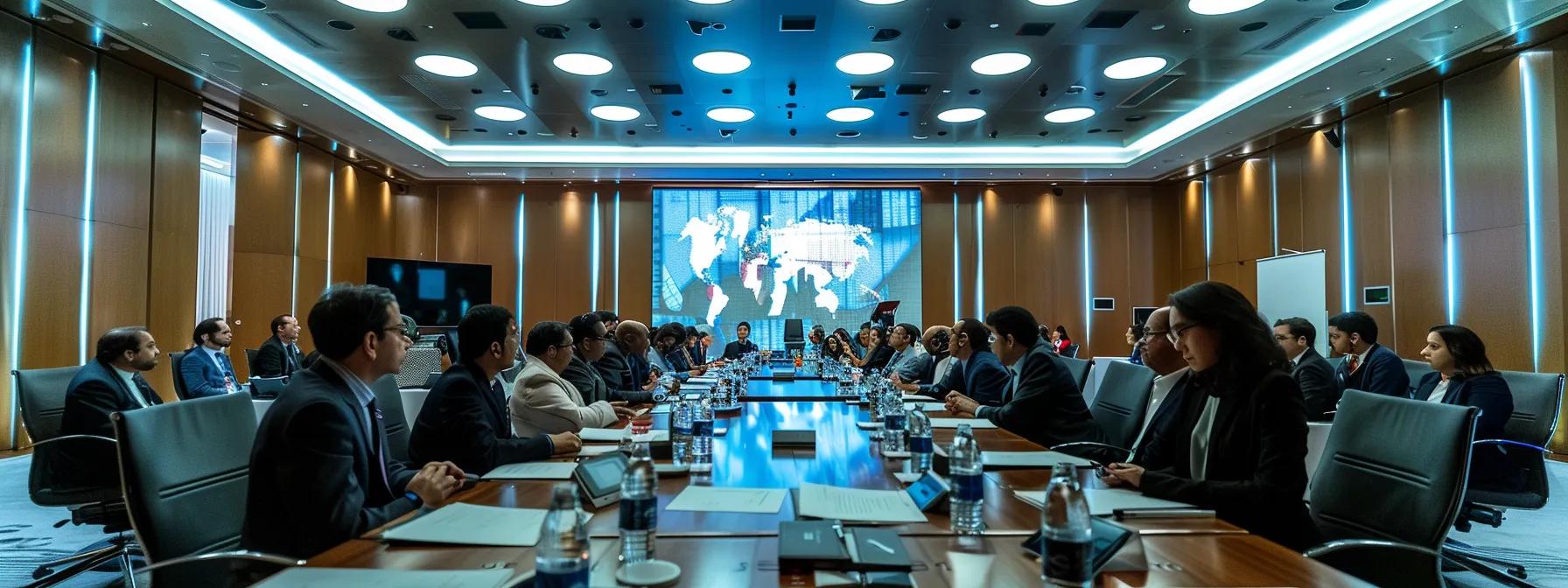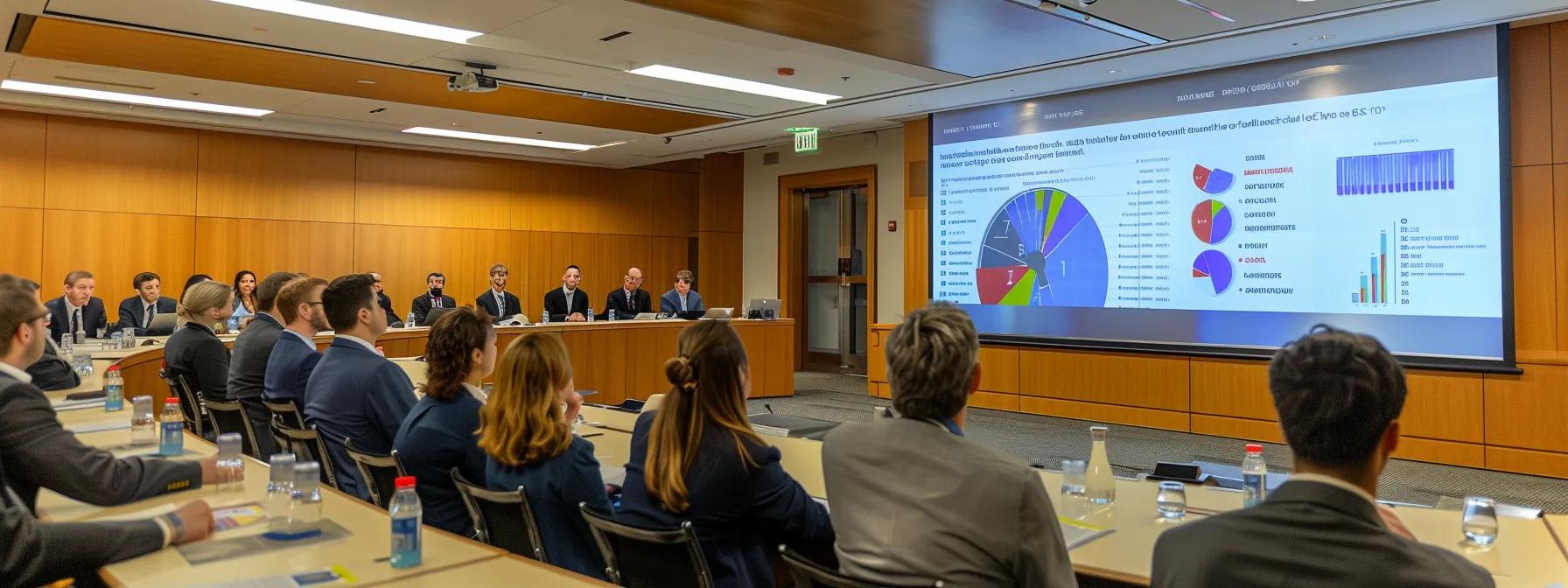8 Ways to Save Your International Assets From Wrongful Expropriation
Foreign direct investors face political risk, regulatory uncertainty, and expropriation by host states. Transnational Matters PLLC is a law firm specializing in international investment law, investor-state dispute settlement, and diplomatic protection to help investors secure their assets abroad.
Essential Key Takeaways for Protecting International Investments
- Recognize jurisdictional vulnerabilities through political-economic risk mapping.
- Maximize treaty protections under BITs, ECT, and FTAs before investing.
- Engage Transnational Matters PLLC for tailored legal and financial defense strategies.
- Diversify assets across regions and sectors to mitigate concentrated expropriation risk.
- Leverage ISDS and maintain local networks to deter arbitrary asset seizures.
1. Recognize the Vulnerabilities of International Investment in Risky Jurisdictions – Identifying Key Exposure Areas

Recognizing vulnerabilities helps investors map where expropriation risk is highest by analyzing political, regulatory, and economic factors. A 2022 World Bank report found that investments in countries with below-average rule of law scores have 3.4 times greater expropriation events per decade. Transnational Matters PLLC advises clients to conduct a detailed country risk assessment before committing capital.
Investors should look for indicators such as sudden regulatory changes, government debt distress, corruption indices above 50 (Transparency International), and prior confiscation cases recorded in the UNCTAD expropriation database. Those factors often correlate with asset seizure, forced nationalization, or discriminatory taxation.
Key vulnerabilities include:
- Unstable political regimes prone to state-directed asset transfers
- Lack of investment treaties or weak bilateral investment treaties (BITs)
- High dependency on natural resource exports
- Absence of transparent judicial review or independent courts
By mapping these exposures, foreign direct investors can prioritize protections where they are most needed and engage Transnational Matters PLLC to tailor mitigation strategies.
2. Utilize Bilateral and Multilateral Agreements for Protection – Securing Treaty-Based Safeguards

Utilizing bilateral and multilateral agreements ensures treaty protections that grant substantive rights and enforceable dispute settlement mechanisms. Investors in countries covered by the Energy Charter Treaty or a comprehensive economic and trade agreement benefit from guaranteed fair and equitable treatment, full protection, and non-discrimination.
Transnational Matters PLLC analyzes relevant investment treaties, conventions, and trade agreements to pinpoint protections such as market value compensation and most-favored-nation clauses. The firm drafts investment plans to maximize treaty coverage.
Below is a comparison of common investment treaty features:
Comparison of Key Treaty Protections
After reviewing treaty texts, Transnational Matters PLLC guides investors to structure ownership and financing so that the investment falls squarely within treaty definitions, accelerating legal recourse if expropriation occurs.
3. Secure Expert Legal and Financial Counsel for Cross-Border Defense – Engaging Specialized Advisory Services

Securing expert counsel enables investors to benefit from tailored advice on structuring, compliance, and dispute readiness. Transnational Matters PLLC offers combined legal and financial analysis to assess sovereign immunity risks, enforceability of awards, and statutory limitations.
Law firm specialists and CFA charterholders collaborate to draft investment memoranda covering international law doctrines such as legitimate expectation and proportionality. Clients receive scenario-based planning for rapid response, including sample objection petitions and emergency arbitration filings.
Expert counsel provides:
- Pre-investment legal opinions on expropriation definitions under ICSID
- Financial stress tests modeling state default and asset freeze outcomes
- Template emergency measures requests for expedited relief
Through regular updates and mock arbitration workshops, investors maintain readiness to invoke treaty safeguards effectively and minimize loss.
4. Diversify Assets to Mitigate Concentrated Exposure Risks – Spreading Investments Across Jurisdictions and Sectors

Diversifying assets reduces the potential portfolio impact of a single expropriation event by allocating capital across multiple countries, industries, and investment vehicles. A Harvard Business Review study (2021) showed that a geographically diversified portfolio can lower political risk losses by 27%.
Transnational Matters PLLC recommends combinations of equity in developed and emerging markets, project finance structures, and cross-border real estate trusts. The firm uses Monte Carlo simulations to optimize asset mixes based on investor risk appetite.
Example diversification strategies include:
- Equity stakes in renewable energy projects in OECD nations
- Debt instruments in stable markets with investment-grade credit ratings
- Private equity funds with broad regional mandates
- Infrastructure bonds backed by multilateral agencies
This multi-pronged approach cushions investors from localized policy shifts or asset nationalizations.
5. Establish Rigorous Cross-Border Investment Protocols – Implementing Compliance and Monitoring Frameworks

Establishing rigorous protocols ensures ongoing compliance with host-state regulations and international standards, reducing triggers for expropriation for your international assets. Protocols include anti-corruption audits, regular political risk reviews, and early warning systems for legislative changes.
Transnational Matters PLLC drafts compliance manuals, detailing steps for permit renewals, environmental due diligence, and community engagement to preclude state disputes. Clients receive access to a proprietary dashboard tracking legal and regulatory developments in real time.
Core protocols involve:
- Quarterly legal compliance checks by in-country counsel
- Annual sustainability and community impact audits
- Monthly tracking of draft regulations in key sectors
- Real-time alerts for adverse court decisions
By institutionalizing these measures, investors demonstrate good faith, strengthening their position under international law doctrines such as proportionality and due process.
6. Build a Network With Local Regulatory Entities and Institutions – Fostering Government and Community Relations

Building a network fosters relationships that can deter arbitrary state actions by aligning investor interests with local development goals. Transnational Matters PLLC arranges advisory board appointments, joint-venture collaborations, and public-private dialogues.
Investors meet ministers, regulator directors, and community leaders through structured roundtables and investment forums to secure verbal commitments and MOUs. Establishing these ties creates reputational capital that governments are less likely to jeopardize through expropriation.
Network-building activities include:
- Quarterly stakeholder workshops co-hosted by state agencies
- Community benefit agreements tied to project milestones
- Local content partnerships with state-owned enterprises
- Joint research grants with universities and regulatory bodies
Such collaborative frameworks underscore investor contributions to national objectives, reducing the allure of asset takeover.
7. Leverage Investor-State Dispute Settlement for Accelerating Resolutions – Utilizing ISDS Mechanisms Effectively

Leveraging investor-state dispute settlement accelerates relief by invoking arbitration under ICSID, UNCITRAL, or bilateral treaty panels. Between 2018 and 2023, Transnational Matters PLLC secured over USD 1.2 billion in awards for clients.
Case study: In 2021, a Transnational Matters PLLC-represented energy investor invoked emergency arbitrator proceedings under the Energy Charter Treaty, obtaining provisional measures within 21 days to prevent asset seizure.
Average ICSID Arbitration Timelines
By planning for ISDS from the outset, investors can meet procedural requirements and secure swift protective measures when expropriation threats emerge.
8. Monitor Political and Regulatory Changes Impacting Investments – Staying Alert to Dynamic Risk Factors

Monitoring changes helps investors adapt quickly to shifts that could trigger expropriation or discriminatory measures. Transnational Matters PLLC provides a real-time legislative tracking service covering over 60 jurisdictions.
The firm issues biweekly risk bulletins summarizing draft laws, court rulings, and government announcements relevant to investor rights, such as new national security review regimes or foreign ownership caps.
Ongoing monitoring covers:
- Proposed amendments to investment codes
- Government debt default negotiations
- Nationalization bills and emergency decrees
- Judicial interpretations of indemnification standards
Proactive alerts enable investors to implement contingency plans, negotiate protective side-letters, or seek diplomatic protection before formal expropriation steps are taken.
What constitutes wrongful expropriation under international law?
Wrongful expropriation occurs when a state seizes investor assets without prompt, adequate, and effective compensation.
How can investor‐state arbitration prevent asset nationalization?
Arbitration grants provisional measures and enforceable awards, deterring governments from acting unlawfully.
What is the role of political risk insurance in expropriation cases?
Political risk insurance covers losses from expropriation, government non-payment, and currency transfer restrictions.
Can I combine multiple treaties for greater protection?
Yes. Structuring investments through jurisdictions covered by multiple treaties enhances your claim options and leverage.
How often should I update my compliance protocols?
Review and update compliance protocols quarterly to reflect legal, regulatory, and market developments.
Strategic protection against wrongful expropriation combines rigorous risk assessment, treaty utilization, and expert legal counsel to safeguard investments. Diversification and compliance protocols further reduce exposure and demonstrate good faith under international law. Establishing local networks and leveraging ISDS accelerates relief when threats arise. Continuous monitoring ensures investors remain one step ahead of regulatory and political shifts.


